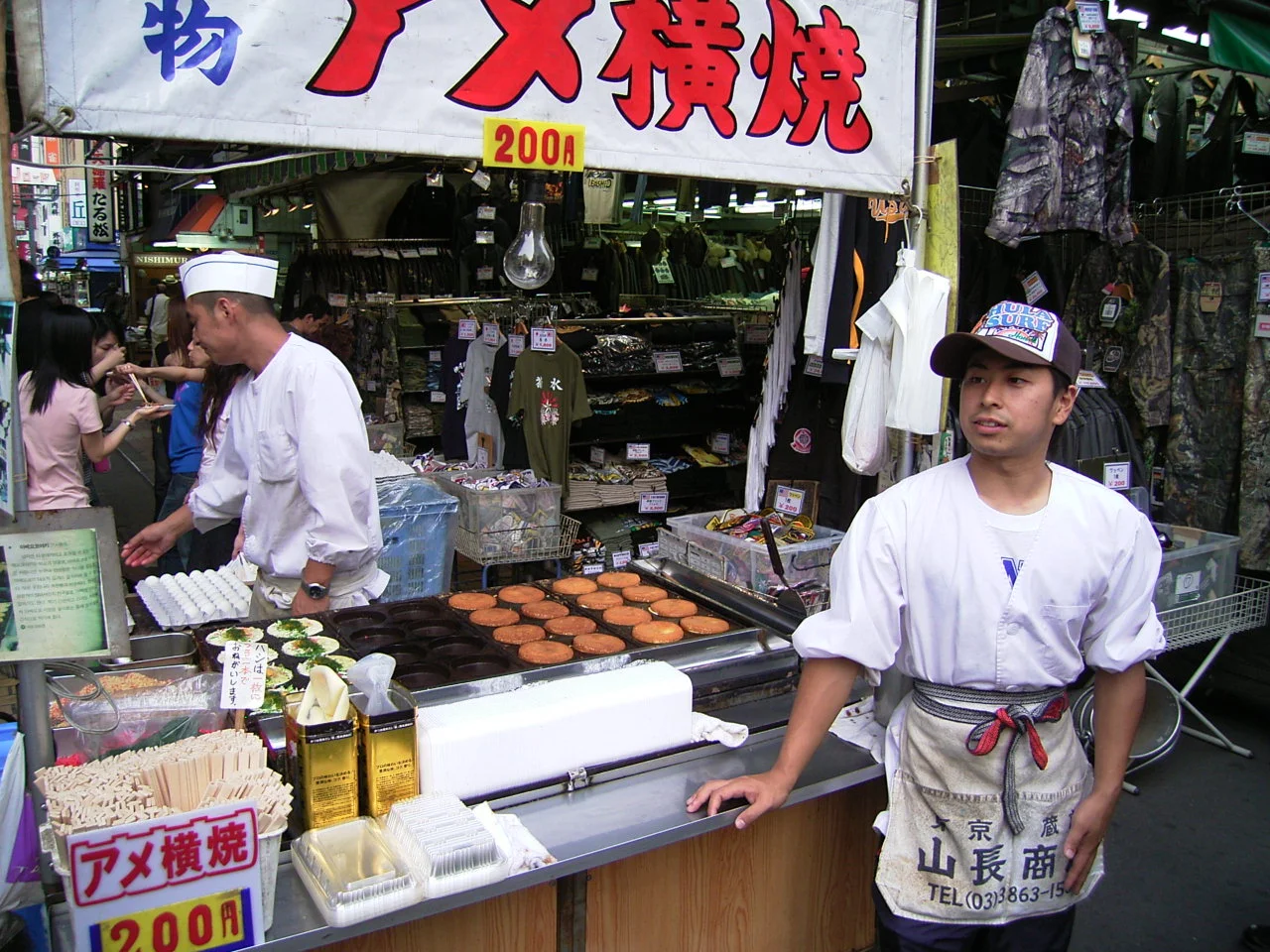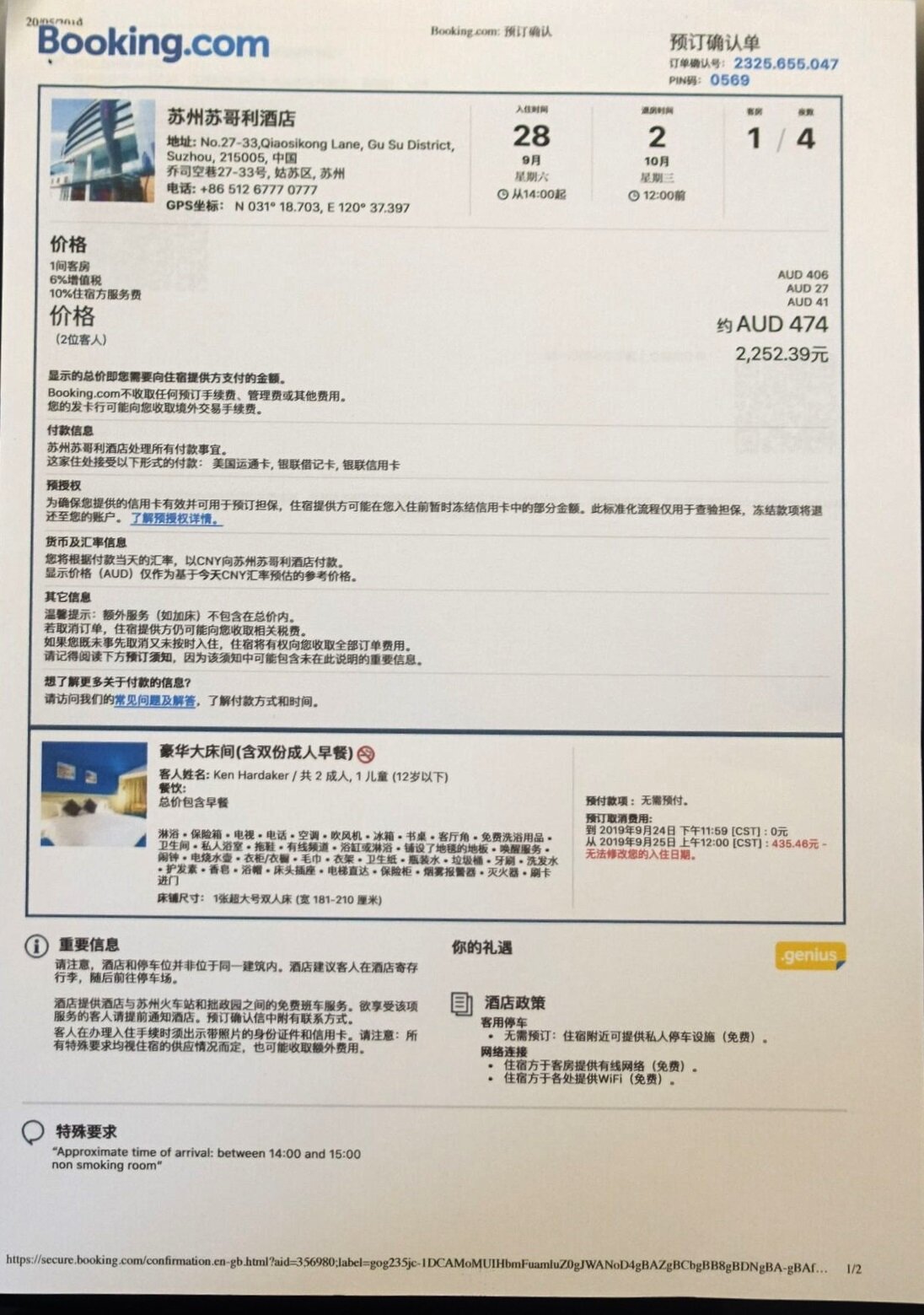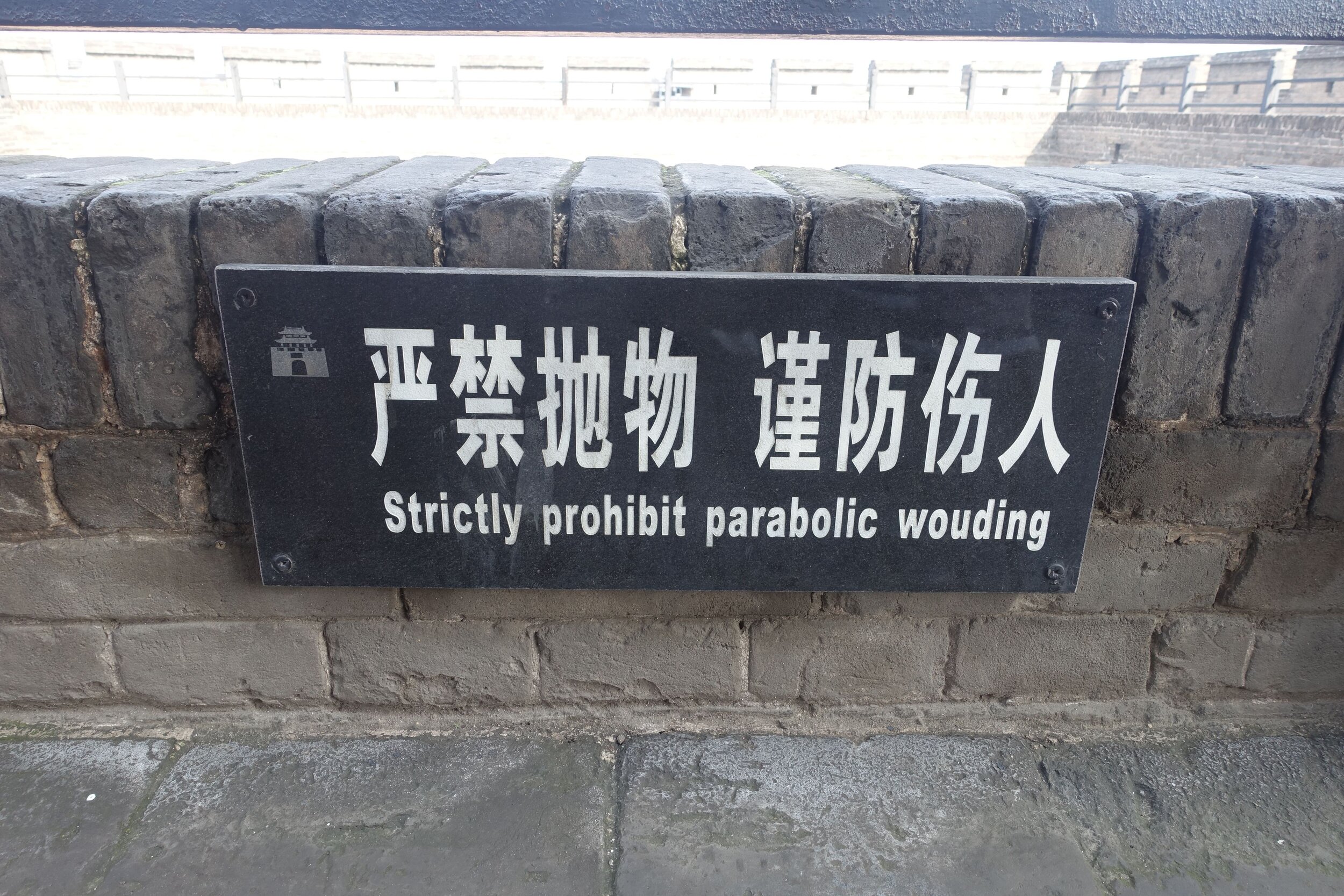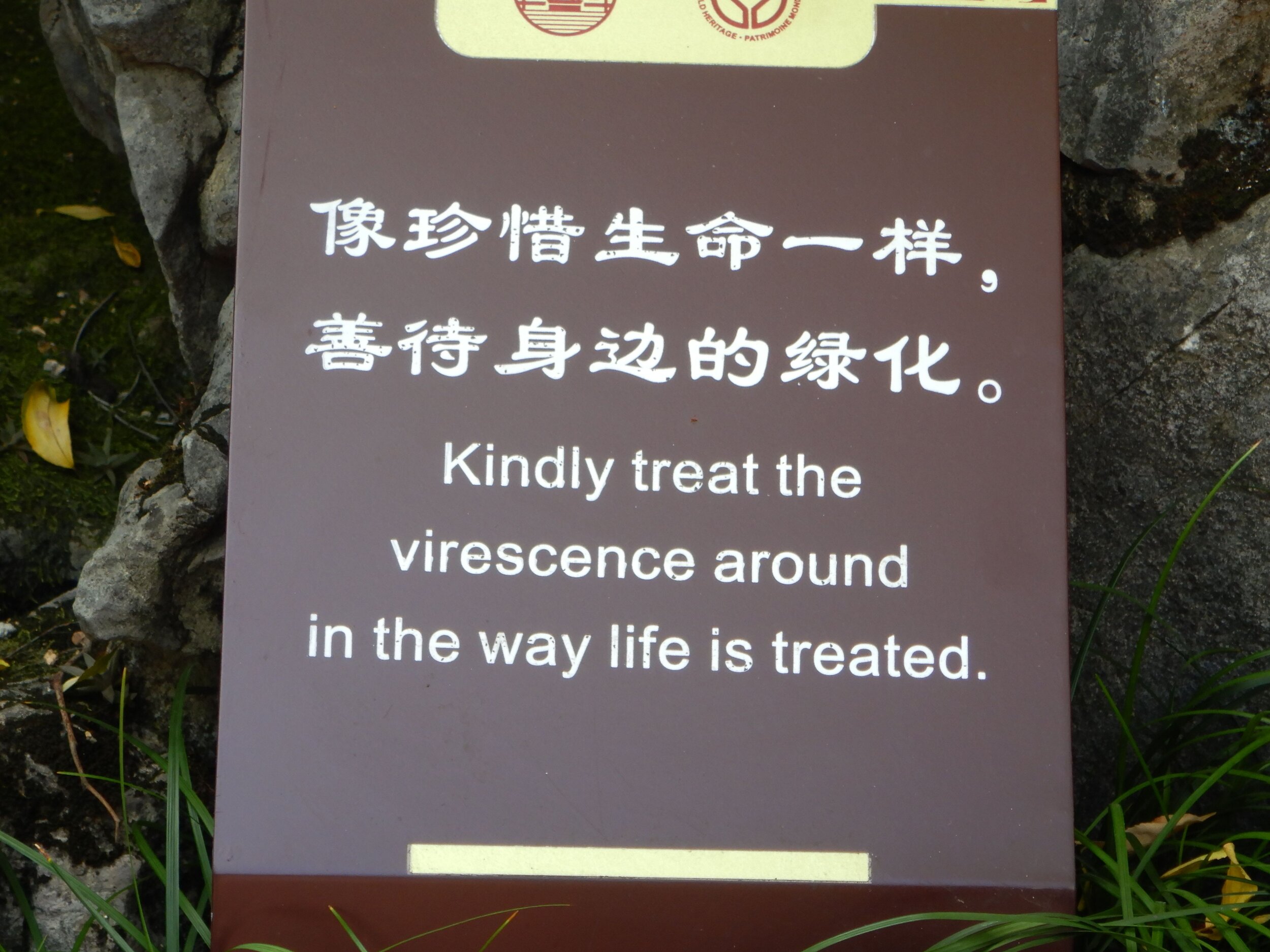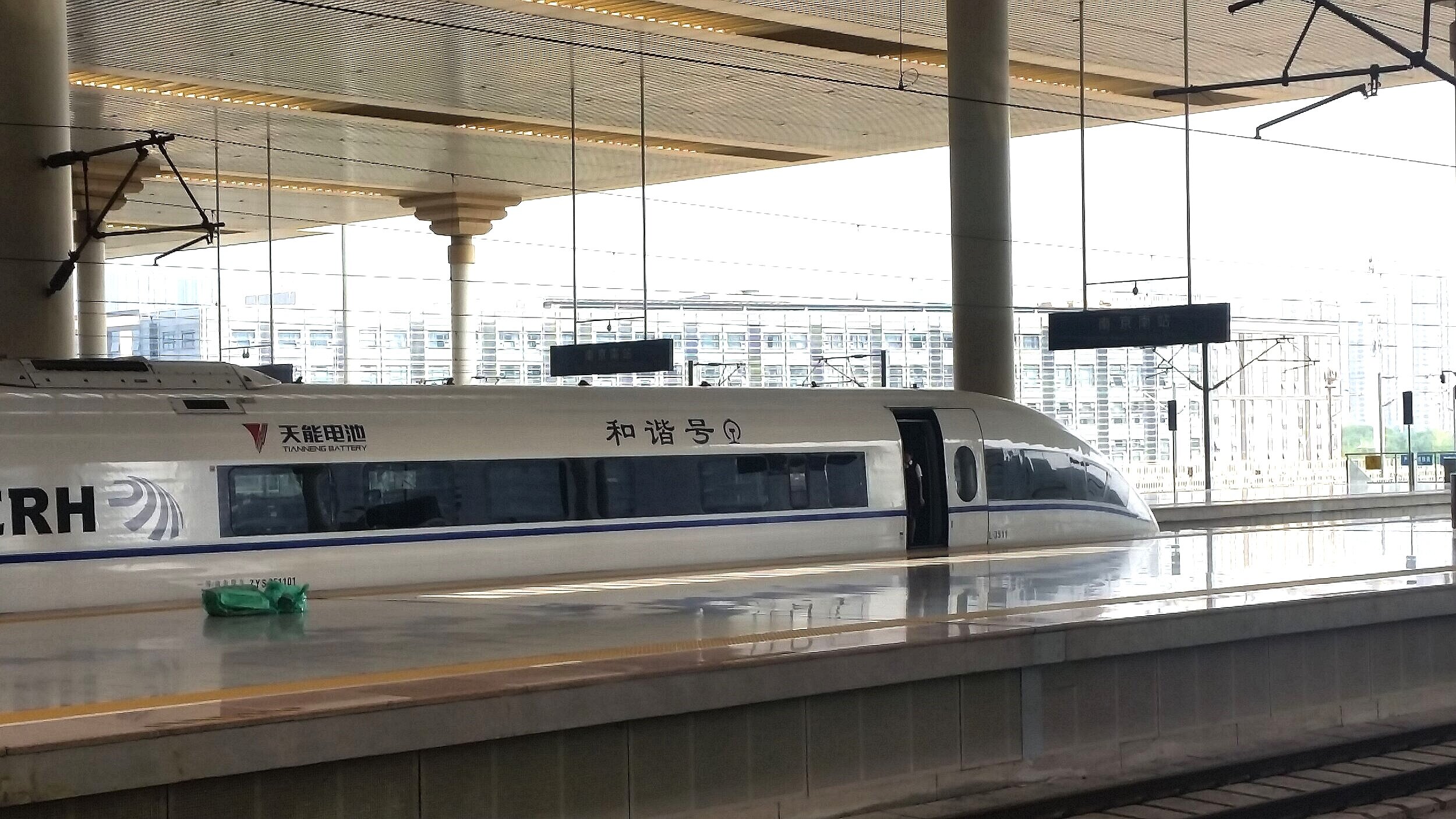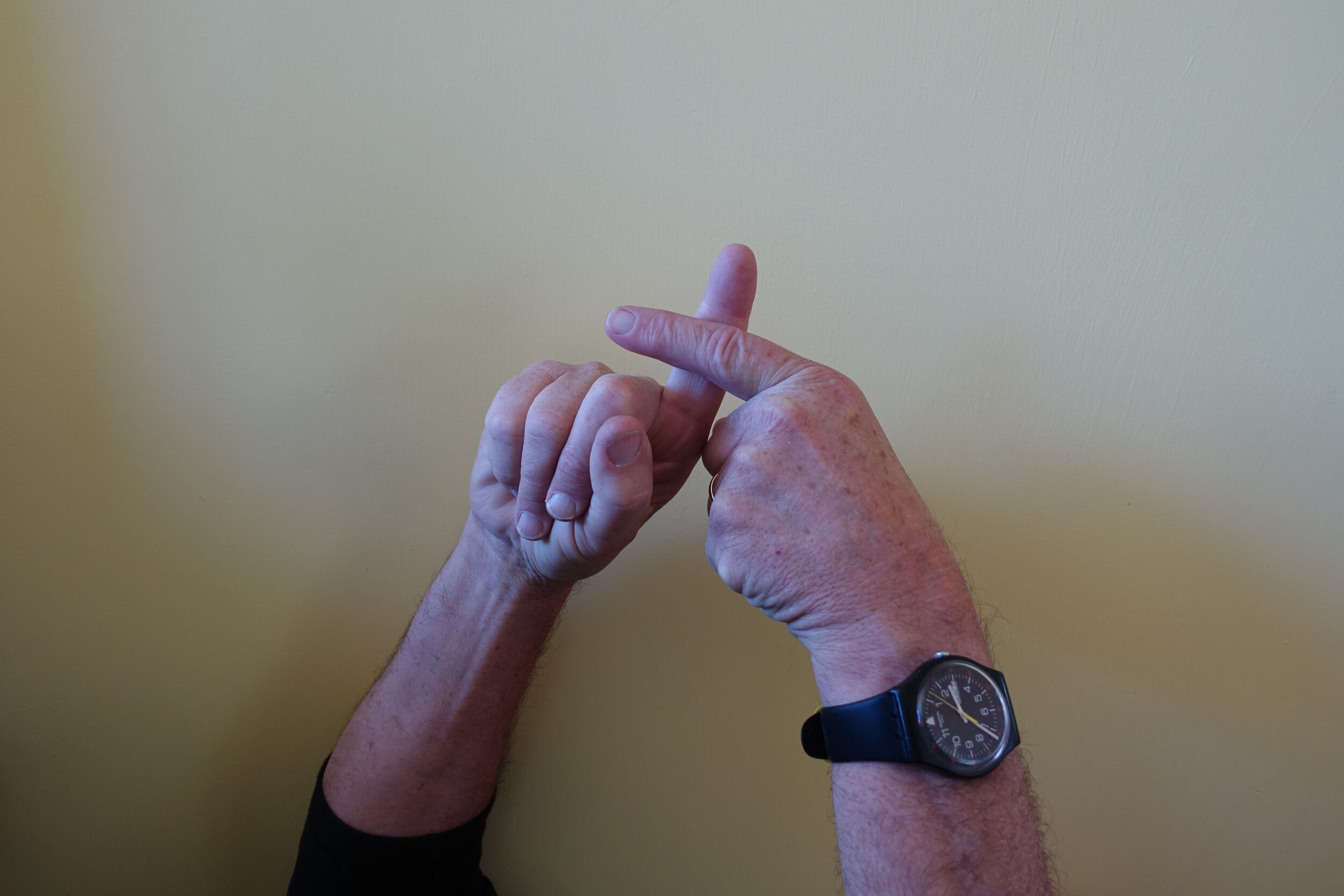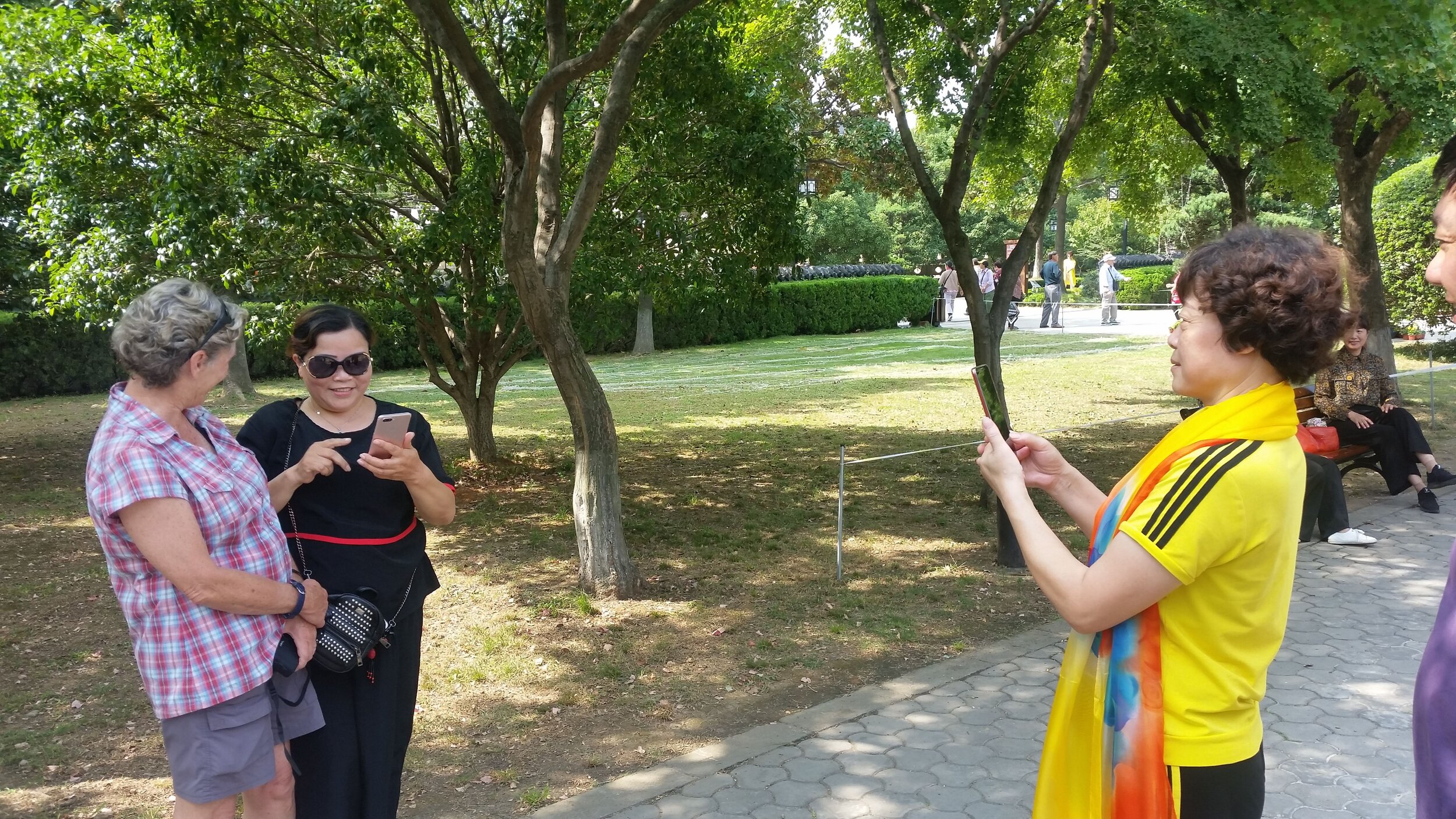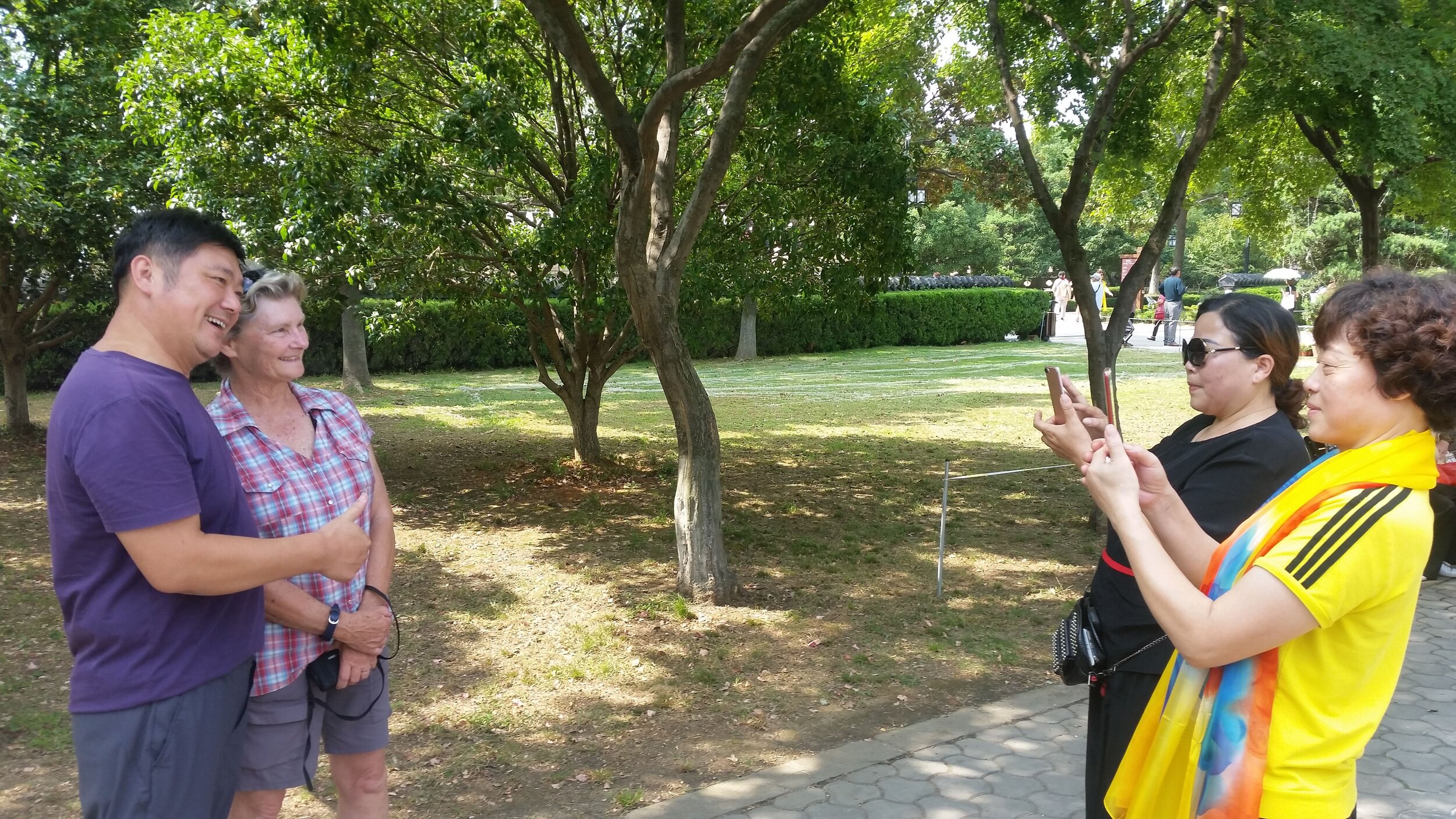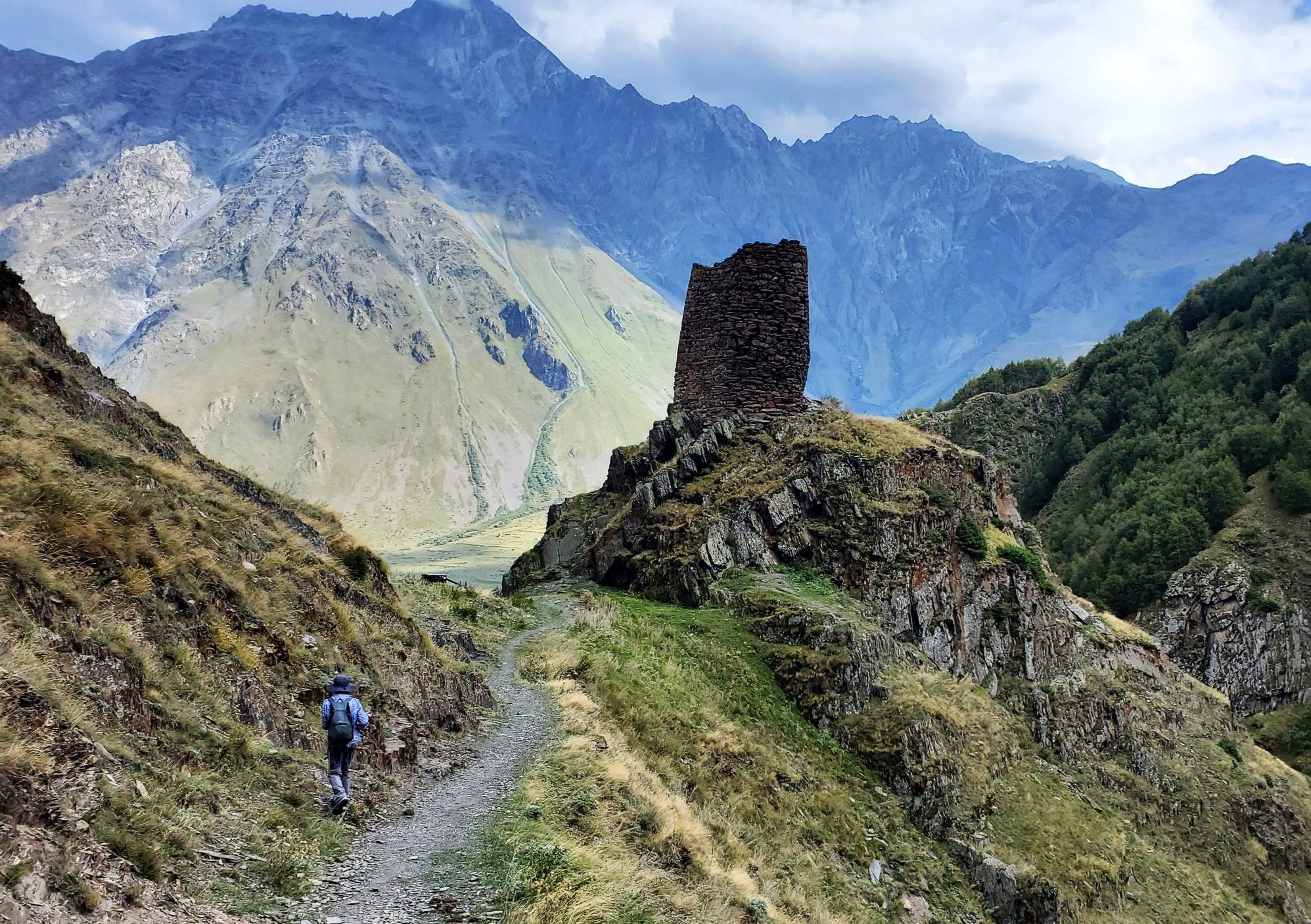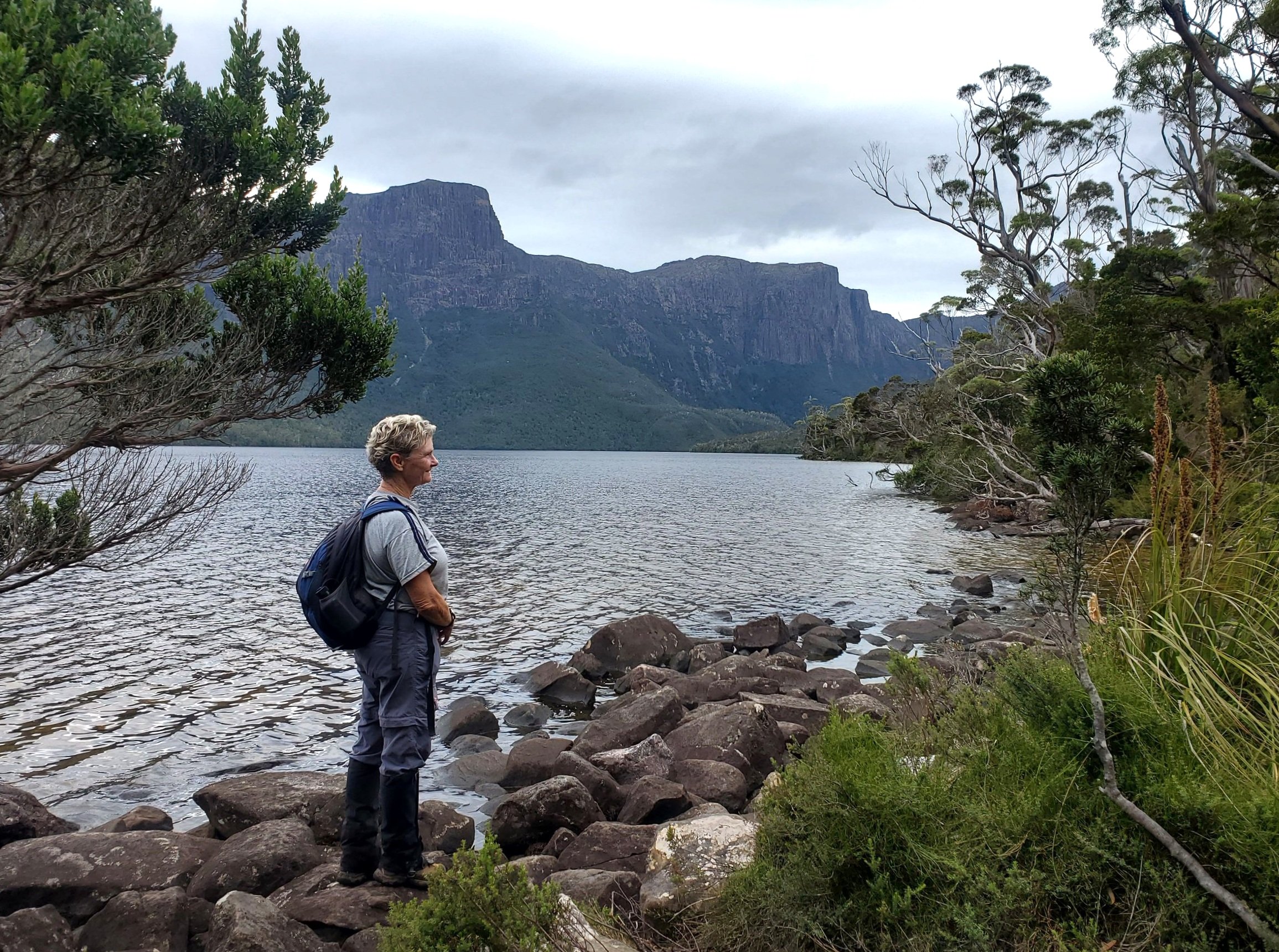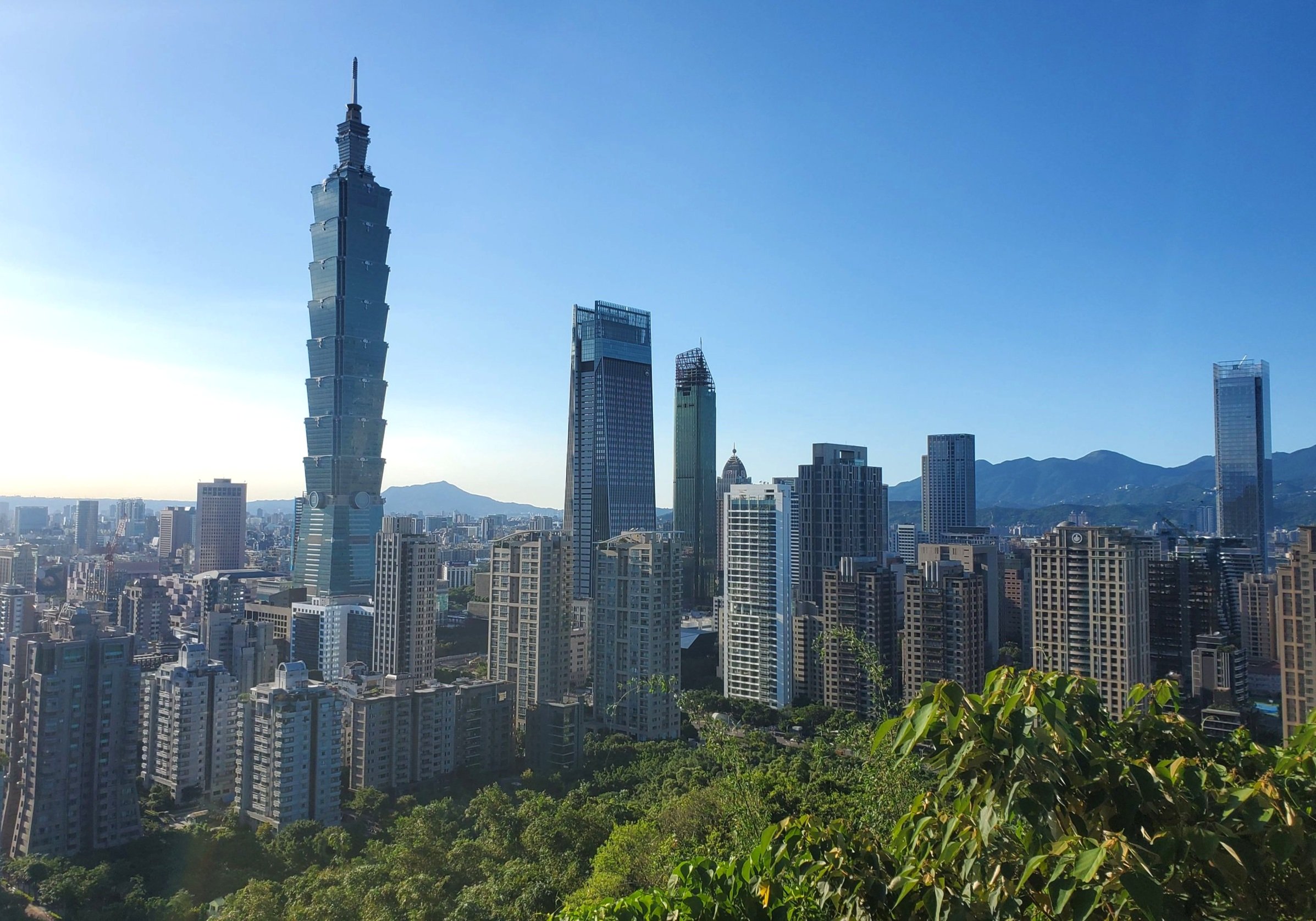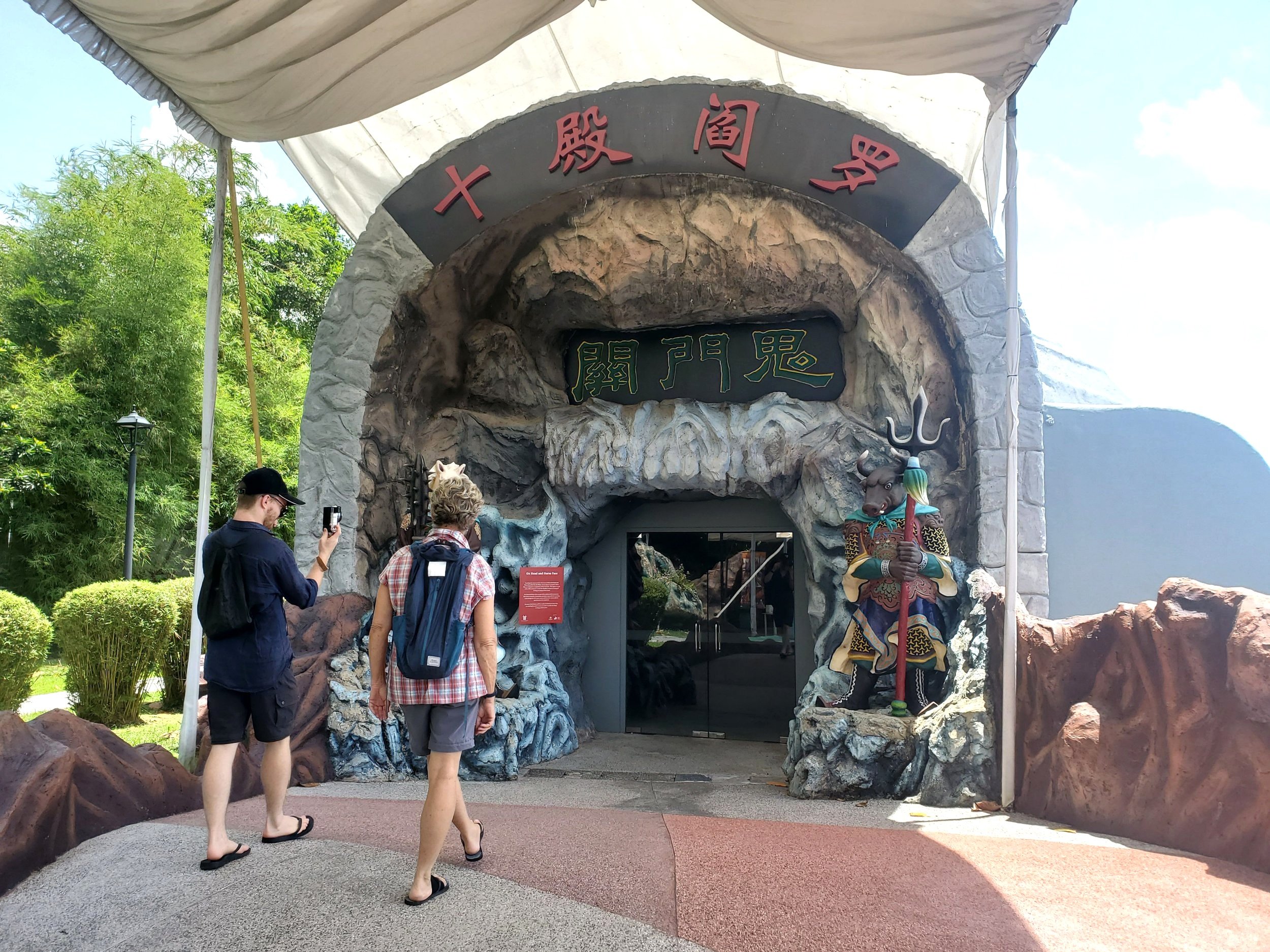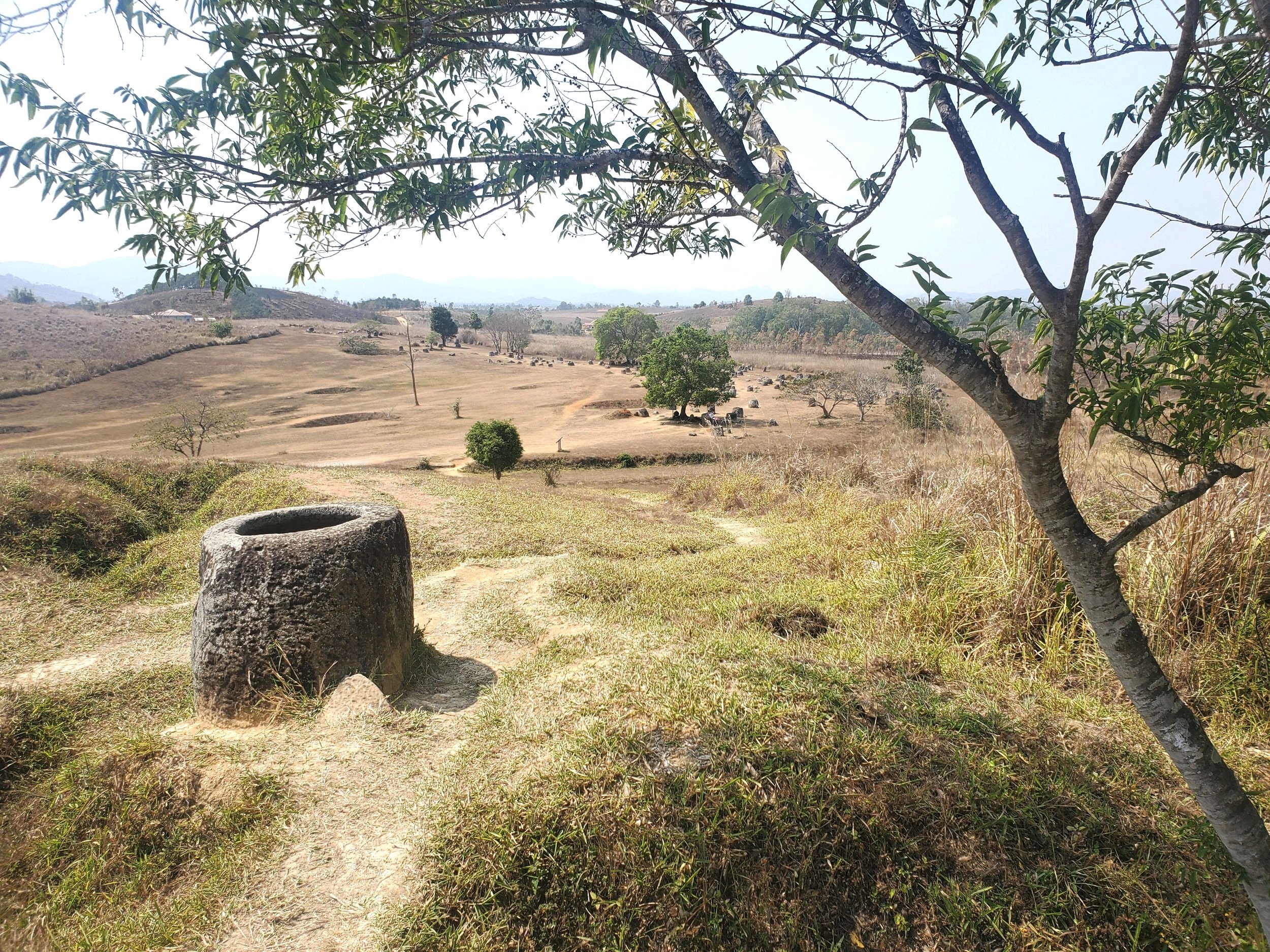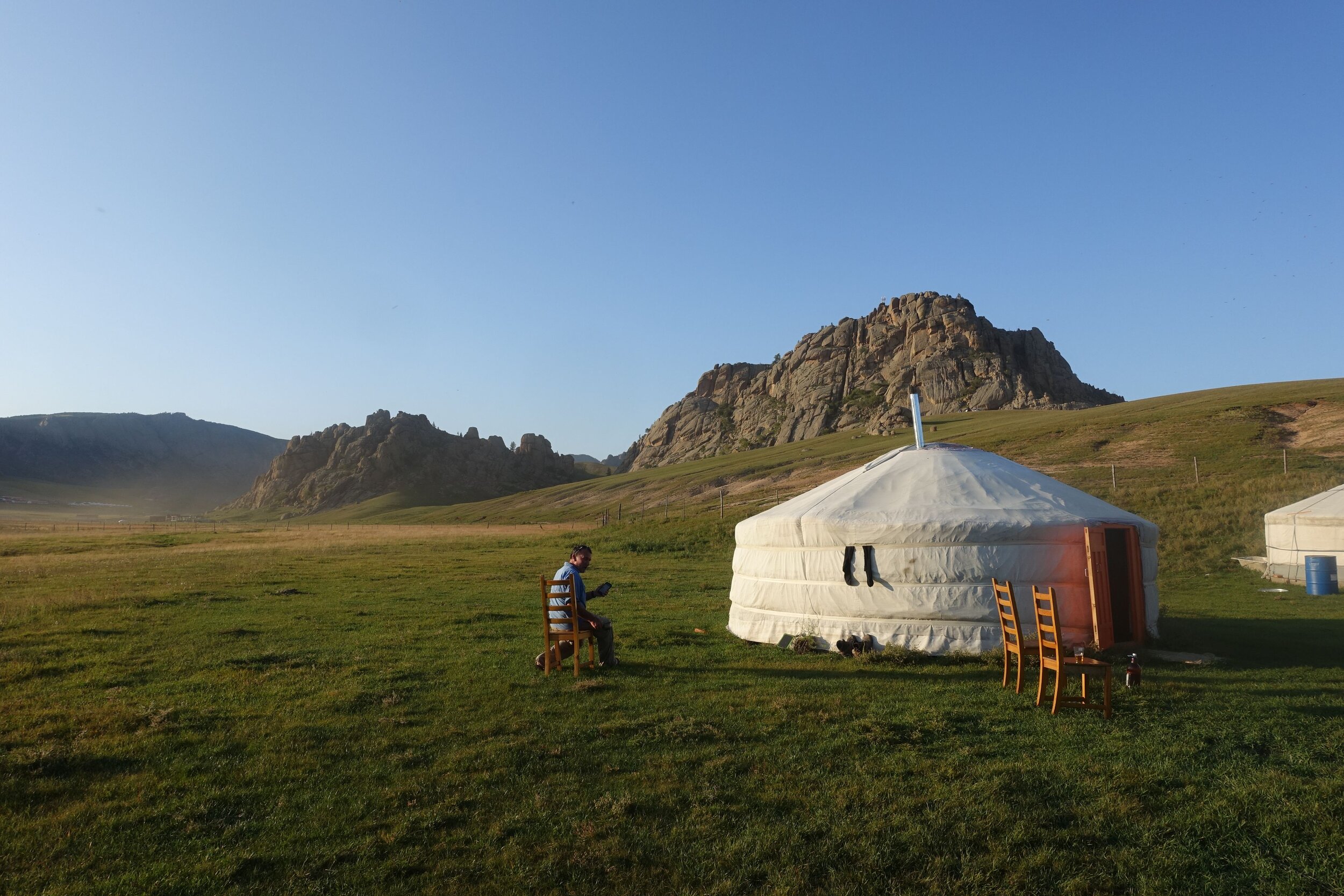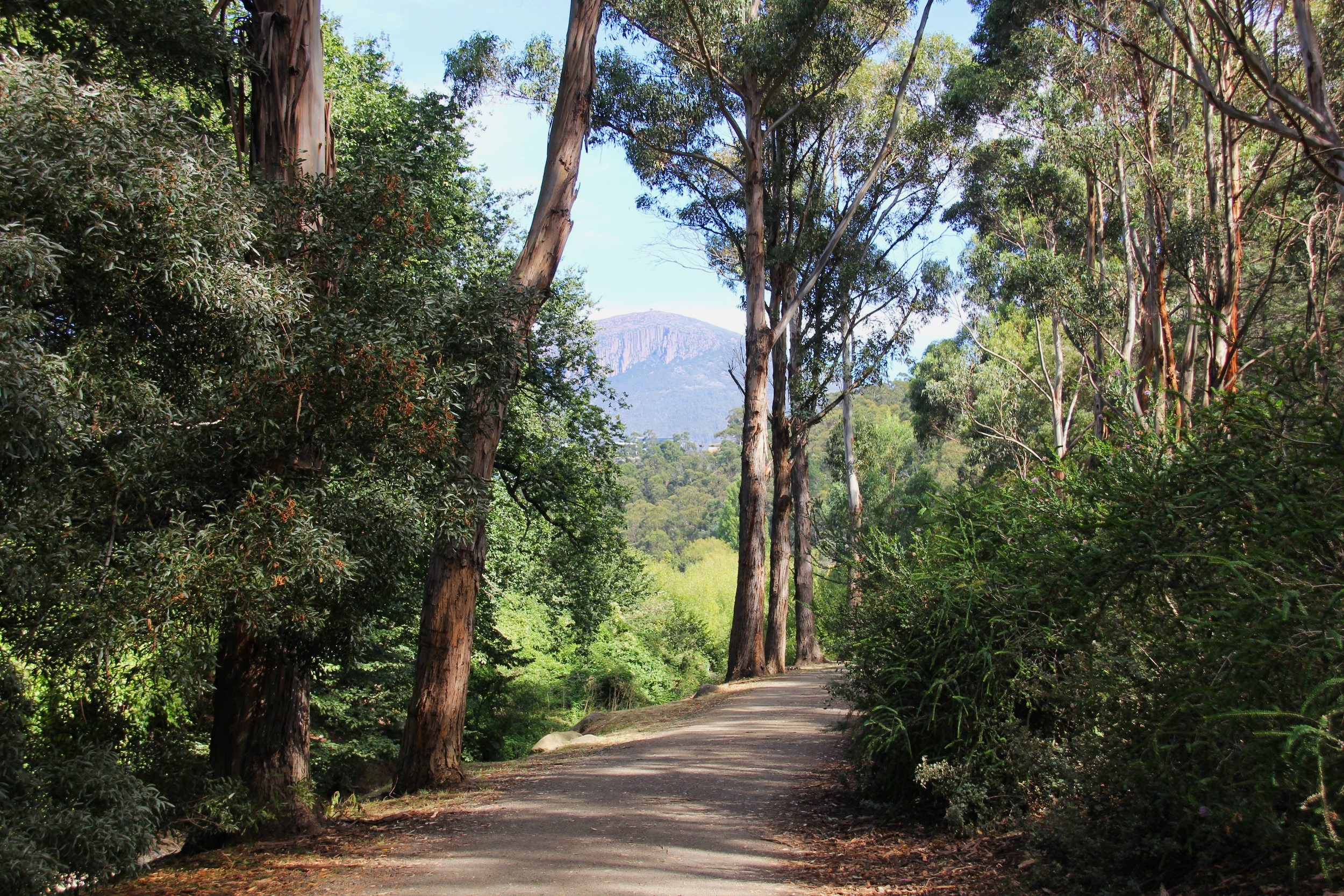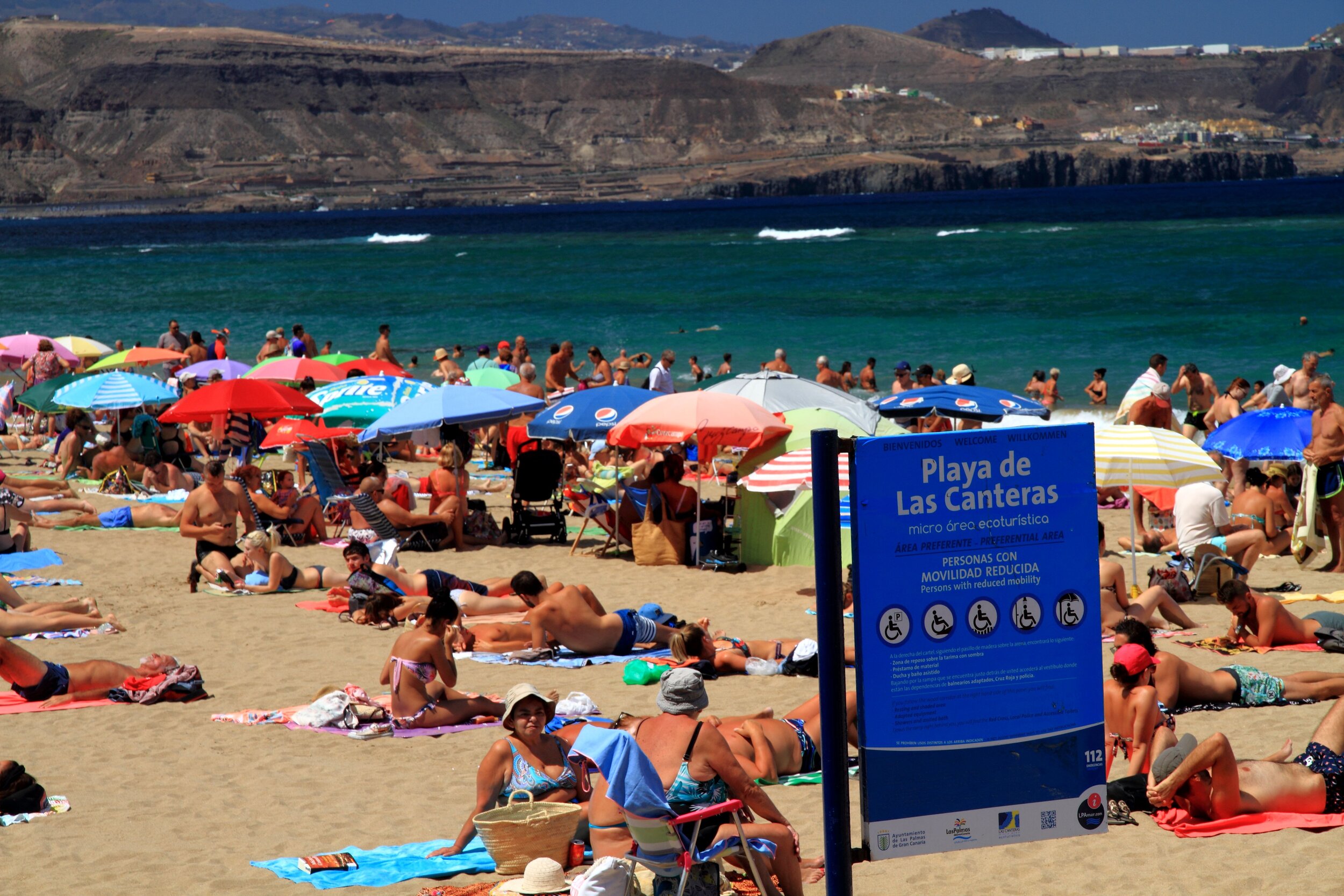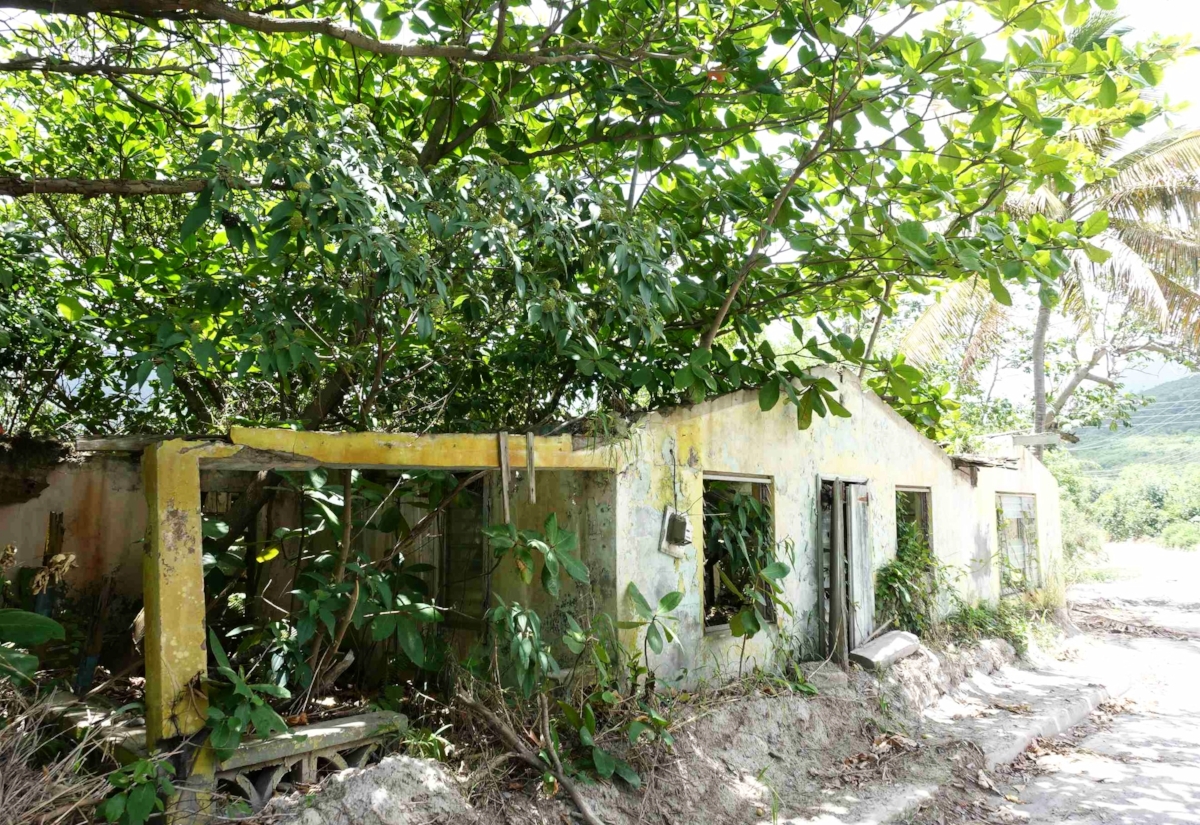Our Top Tips for Independent Travel in China
/pingyao
Introduction
In September 2019 we spent a month in China, concentrating on the north east of the country. We were surprised at the relatively small number of independent foreign travellers we met along the way. There seems to be a view held by many in the West, that China is a difficult country in which to travel as an independent traveller, unless you can speak Chinese. Consequently, most of those who do travel around China do so in group tours.
ancient canal town of tongli
It’s true that there are a couple of tricky aspects to navigating China, but with a bit of pre-planning, and a relaxed attitude, these can be either overcome or ignored (for example see our section on ‘Managing the Chinese Internet Restrictions’ below). But overall China is a safe and fairly easy place to visit on your own.
Here are a few things we identified before going or learned along the way which made our life on the road easier.
1. Book Accommodation in Advance if you can
A standard Chinese visa for Australians (and many other nationalities) is 30 days. When applying for the visa you are required to provide dates of entry and exit, proof that you have transport in and out of the country, and an itinerary noting where you’ll go and where you’ll stay. Given that we only had four or so weeks in China we decided to work out in advance our exact itinerary and organise all our accommodation prior to applying for the visa. The visa process went very smoothly. We’re not sure what would have happened if our plans had been less structured.
our courtyard hotel in pingyao - book in advance if you want to get the best places, especially during high season
For booking accommodation, we used Booking.com which operates in China. Airbnb is also available. There are also a couple of Chinese booking sites such as Ctrip and Elong.
Our Booking.com confirmations could be printed out in both English and Chinese, so we took hard copies of both knowing that internet access was likely to be a problem. The Chinese language versions proved to be particularly useful with taxi drivers and even some hotel staff at check-in.
our booking.com confirmation printed out in chinese
We also discovered after we’d made our bookings that the last part of our trip was going to be coinciding with Chinese National Day – which is a nation-wide holiday lasting a week! It and Chinese New Year are the biggest times for internal travel, and it turned out to be a wise move to have secured hotel bookings well in advance. Lesson: check the Chinese holiday calendar before going.
If we’d tried to book on-line once in the country it would probably have been difficult, though possibly manageable with a VPN (see below).
2. Managing Chinese Internet Restrictions
The Chinese government exercises tight control over what can be accessed on the internet inside the country. Many Western sites are blocked, including Google (this also means Gmail accounts), Facebook, Instagram, YouTube, and many foreign news sites.
even with all the restrictions locals can find things to stare at on their phones
Two things we recommend doing to at least ameliorate some frustrations that flow from such restrictions are:
a). Get a Local Simcard
We got a sim through China Mobile shortly after arriving in Beijing at the beginning of our trip. It was a bit of a drama to acquire. China Mobile outlets are everywhere but only a few of the larger shops are able to provide foreigners with simcards. The process involved passport checks and photocopying, photographs taken of each person applying, and what seemed to be an interminable amount of ‘admin’. It cost around Aus$40/US$27 for a month. Can’t remember what the data allowance was but it was plenty (especially as you can’t access a lot of stuff). However, it proved to be very useful to have a local sim.
All the hotels we stayed at provided wifi (in theory). But most were useless. It was only through having our own local sim that we could get any regular internet.
ancient garden, suzhou
b). Install a VPN Before Leaving Home
A simple definition of a VPN or Virtual Private Network according to Wikipedia (which is also blocked in China) is “an arrangement whereby a secure, apparently private network is achieved using encryption over a public network, typically the Internet.” In China it enables the user to access most, if not all, of the sites that are normally accessible in the West. As information is encrypted it enables safe access to banking and other sensitive sites when on unsecured public wifi.
We’d read that installing a VPN before arriving in China was advisable, so we did so, putting them on our phones and laptop. Once there we found that they worked intermittently – probably around 50% of the time, and worked better on our phone with the sim card than other devices which were trying to use the hotel’s free wifi. When successfully activated it would usually mean that we could read sites such as Facebook or Instagram, but we could not post, so still quite limited. But we could access our Booking.com accommodation bookings which was useful. Email programs, including Gmail also worked ok.
One of the few apps we had that still worked most of the time, that wasn’t reliant on the VPN, was Whatsapp, which is encrypted. It worked for sending text messages, but usually not photographs.
Some VPNs are known to work better than others in China so it’s worth doing a bit of research before installing one. We just went with the same company that our anti-virus software was with.
3. Managing the Language
Few Chinese people speak English, so don’t come expecting that everybody will. Even in many hotels English is not always spoken.
However, the use of translation apps is widespread, especially in places that have contact with overseas tourists. Google translate will work if you’ve downloaded the Chinese language beforehand and use it off-line. Here’s a link to a useful article on how to use Google Translate off-line.
We found a translation app very handy when communicating with taxi and bus drivers, people working in hotels and restaurants, and when buying tickets to some attractions.
In addition, we think that it’s always a good, respectful travel practice to have made the effort to learn a few words or phrases in the local language wherever we go. In this case a smile and a nǐ hǎo (hello) or xièxiè (thank you) went down well as did knowing some of the numbers yi, èr, sān, sì, wǔ (1, 2, 3, 4, 5).
4. Book Your Train Tickets Through the Special Train Booking Offices
The trains run everywhere in China, so we used them for all our internal travel. As such, we can’t comment on domestic air travel or long distance buses. But the trains are comfortable and modern, including high speed trains which travel at up to 350kms per hour.
Chinese high speed train
When we first arrived in the country, we asked our hotel to help us organise our onward train tickets – from Beijing to Datong. They were happy to help, and the tickets were secured by them via an on-line booking. On-line tickets have to be picked up at the station you’re departing from. Anticipating that this process might be confusing we decided to pick the tickets up the day before travelling. This turned out to be a good move. The station was large, and the ticket purchasing section had many windows with little English or Pinyin (Chinese words written with the Roman alphabet) on display. We waited in a long queue before finding that it was not the right one. An official who spoke a little English directed us to another long queue. This also turned out to be wrong. Third time lucky, and one and a half hours after arriving at the station, we got our tickets. We were glad we hadn’t planned to get our tickets the same day as our travel.
Subsequently, we found one of the specialist Train Travel Booking Offices that operate in some of the larger cities. For a cost of 5 yuan per ticket (Aus$1.20 / US$0.70) you can book train tickets up to 28 days in advance.
Chinese railway stations in the big cities are vast
We went to the office armed with our list of trips and dates for our full four weeks in China and booked and received all our tickets in one go. This saved us considerable time and frustration for the rest of our stay. As it happened the latter part of our trip coincided with China’s nationwide weeklong holiday in early October, when locals travel in huge numbers. All trains we caught at that time were full, but we had our seats secured in advance.
5. Take Your Passport with you Everywhere
Some of the major attractions, such as the Forbidden City, require foreigners to show their passports. We saw a Western couple turned away at the entrance after an hour’s queueing because they didn’t have theirs with them.
In addition, our situation was that we’d both turned 60 and we discovered that entry to many sites were either free or 50% discount for elders – usually defined as having turned 60, sometimes 65 or 70, but discounts applied after 60. To get the benefits as a overseas tourists we needed to produce our passports with our venerable birth dates shown. This saved us a lot of money.
we got a 50% discount at the great wall
We quickly learned to take our passports with us everywhere we went.
6. Safety and Security
Point 5 leads nicely to point 6. In many countries we’d never consider carrying our passports with us when out and about in a town unless absolutely necessary. They’d be safely tucked away in a hotel safe or similarly safe location.
these scooter riders were on the street, but many use the footpaths, so keep a sharp eye out at all times
But in China we felt very safe. With a population of 1.4 billion there is invariably a crowd around you. The country has a very low crime rate for street crime. A couple of locals warned us to beware of pickpockets at major tourist sites like the Terracotta Warriors, but apart from that the most dangerous thing your likely to experience as a foreign tourist is the possibility of being run over by one of the vast army of motor scooters that come from all directions, including on designated footpaths.
7. Stock up Before you Catch a Train
The train journeys between the cities with major attractions are generally long. We had a couple of 10 hour stints. Even high speed train travel can be slow if they stop at many towns and cities along the route, which is common.
dumpling restaurant, nanjing
Our advice is to stock up beforehand with food and drink. There are some limited options on the trains, but these are expensive compared to what you’ll pay in street prices or supermarkets in town.
Water, fruit and biscuits are all good for long trips. The train station waiting areas and trains themselves provide free hot water through public dispensers, so pot noodles are also a good choice.
fresh pomegranates, Muslim quarter, xian
It’s also advisable to carry your own toilet paper and sanitary wipes or hand sanitiser.
8. Learn the Chinese Hand Gesture Numbers
A common experience when shopping at small stores or markets in China is for the shop keeper to give a hand gesture or two when it comes time to pay. What they are using is a system of single hand gestures to indicate numbers from one to ten.
One to five are pretty obvious but six to ten require a few minutes to learn. Once you’ve done this you’ll feel like a real local when you hit them with your gesture for 6 to indicate how many cans of beer you’re after from the local hole in the wall grocery store.
9. Don’t be Reluctant to Catch the Subway
Most large Chinese cities have a subway. Beijing, Nanjing, Shanghai, Xian and Qingdao are all examples, but there are many more. All have automatic ticket machines with information in both Chinese and English, and usually with route maps that make it easy to pick your destination station.
subway commuters in Suzhou preoccupied with their phones
We found that using the subways was easy and an excellent and economical way to get around these megacities. Trains come frequently so, while Chinese subway systems are busy, the carriages are generally not as crowded as many others we’d experienced around the world.
10. A Couple of Tips for Beijing
Here are a few things we’d recommend if you plan to visit Beijing
· Try some Peking duck – Or Beijing duck as the locals know it. Yes, this is where it comes from and no one does it better.
· Stay in a Hutong – the hutongs of Beijing are the ancient alleyways of the city. They have a strong sense of community and street life abounds. There is no comparison between staying in a hutong courtyard hotel versus a soulless high-rise hotel building.
bicycle and scooter transport is popular in this Beijing hutong
· Visit the Great Wall using public transport. There’s no need to pay for an expensive tour. We went to the most popular part of the Wall at Badaling and only paid ¥12 each way (Aus$2.50/US$1.70) on the public bus. The bus leaves from Deshengmen Gateway which is accessible from Jishuitan subway station. Easy. We found that when we arrived at the wall most tourists took the “sliding car” to the top of the wall, which was to the right. We walked up and went to the left. The walk was not particularly difficult. The result was that the vast majority of tourists were crammed into the section accessed by the sliding car, and there were few tourists where we were at the other end of the Badaling section.
the great wall at badaling
11. A Couple of Tips for Visiting the Terracotta Warriors
If you do a web search on how to visit the Terracotta Warriors you’ll get a lot of sites telling you to go with a tour, that it’s difficult and risky to do it independently, predominantly due to quotas on daily visitor numbers that have been imposed (ie 65,000 per day).
pit 1 - the main pit
We weren’t convinced of the need for an expensive tour and decided to go under our own steam. Here’s how.
We caught the local bus – either 914 or 915 will do – from Xian Train Station. The bus is well marked and was only ¥10 each way.
the local bus to the terracotta warriors
· The walk from the bus station to the entrance can be a bit confusing with lack of signage, but it is not far. Use an off-line maps program if you’re unsure.
· We arrived around midday and purchased tickets easily on arrival for ¥120 per person, with no queues.
· The Warriors were the only attraction we visited that did not give a discount for venerable elders. Bugger.
· There are three Pits. Pit 1 is the big show that you would’ve seen before in photos and on television. If you want to save the best until last visit Pits 2 and 3 first. The main point of interest at these other pits is the ongoing archaeological work that is occurring there.
pit 2
· Allow 2 – 3 hours in total at the site.
12. Smile and Enjoy Having Your Photo Taken
As mentioned in the introduction we were surprised at the relatively few independent foreign travellers we met on our journey around China. Consequently, we found that as Westerners we were a bit of a novelty to the local people.
We lost count of the number of times we were asked to pose for photos alongside the requestee and/or their family and friends. There were also a number of occasions where we were subtly (or not so subtly) stalked by someone trying to take a selfie with us in it with them.
It was late summer and hot as we wandered the streets and visited the sights. As things stand today there are likely to be many photos on Chinese social media where the owner of the shot will have captioned it “me with old sweaty foreigner at the market” or “my school group meets old sweaty foreign devil at auspicious temple”.
school group with sweaty old foreign devil
The best thing to do, if a photo is requested of you, is smile and enjoy the attention.
Conclusion
It seemed to us that tourism in China is very much geared towards the domestic market. With such a huge population this is not surprising. And while some accommodations are made for foreign tourists, such as English signage at major tourist attractions, the reality is that there are a few communication challenges at times. Don’t let this put you off going. We felt very welcome and people were helpful where they could be.
And while the tips above are by no means definitive we did find that doing these things made travel in China a little easier and made the experience more enjoyable.
Ken and Cally
procession, pingyao

